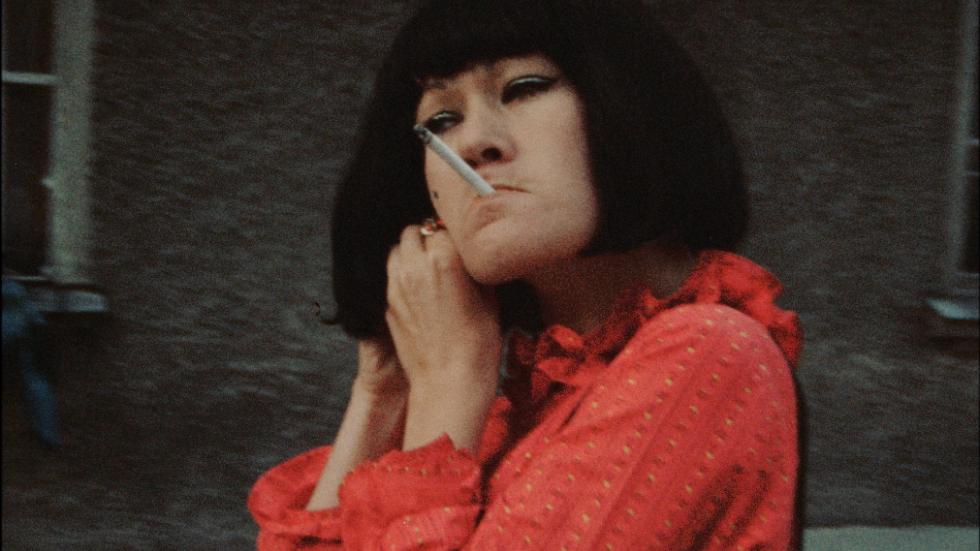Both are essential for understanding the path of women filmmakers in Europe. Their gazes have marked the cinema of their respective countries, although one has suffered an involuntary halt of more than a decade in her career, and the other has come up against an incomprehensible oblivion that hid her work in the shadows. Ildikó Enyedi (Budapest, 1955) and Ula Stöckl (Ulm, Baden-Württemberg, 1938) are the great protagonists of two retrospectives at the #15FestivalSevilla.
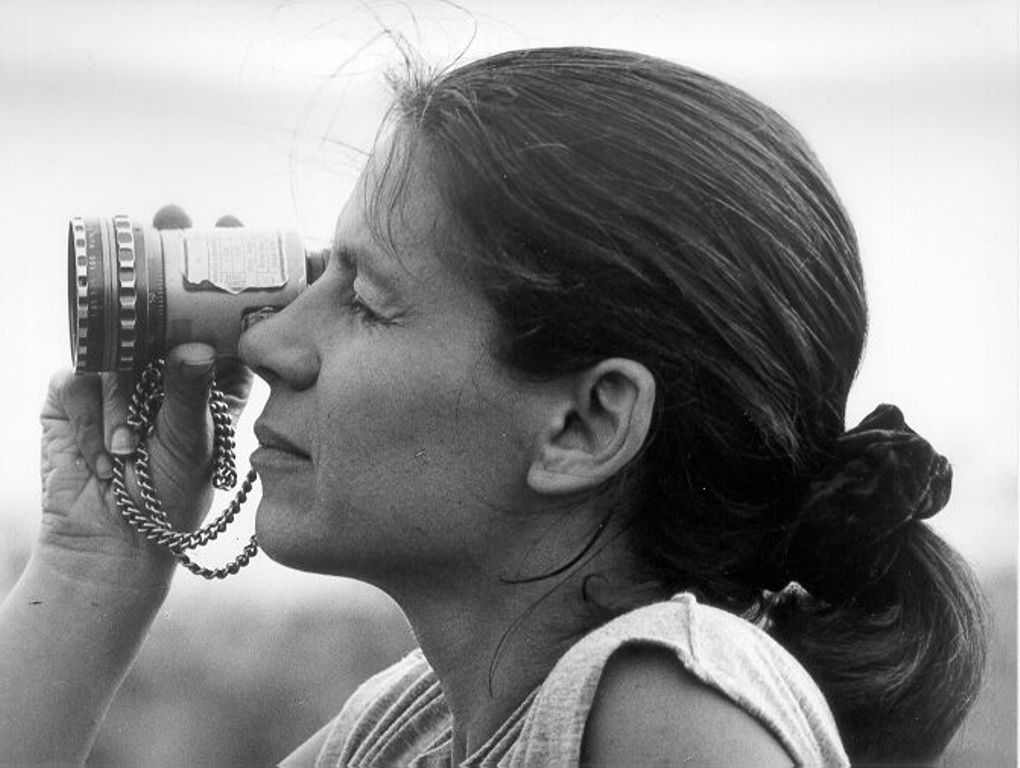
DON’T SAY IT WAS A DREAM
A year ago, the Berlin Festival awarded its Golden Bear to “On Body and Soul” (2017) a love story marked by dreams, those that create a common universe for its protagonists, two characters submerged in non-communication who fall in love while they dream. “It’s our dreams that unite us, the subconscious is like an underground space where we are all connected while on the surface of the world we are moving away from each other", explained Ildikó Enyedi during the promotion of her last feature film. The Hungarian filmmaker was returning to cinema after an involuntary halt of over a decade, during which she began to despair at the number of projects that fell before they became reality. As she said, "it was the light at the end of a terribly long tunnel”.
She was the only woman in her year at the School of Film and Theatrical Art in Budapest and was part of an underground artistic collective called Indigo. She worked in the Béla Balázs studio, the only one for independent cinema in Eastern Europe prior to 1989, and she founded her own production company, Three Rabbits Studio. She made several short films, experimental and narrative, and in 1987 made her debut with the feature film ‘'The Mole'. And in 1989, with her second work behind the camera, 'My 20th Century', she won the Caméra d’Or at the Cannes Festival. The three films mentioned will be included in a retrospective along with ‘Simon mágus' (1999), a prize winner at Locarno.
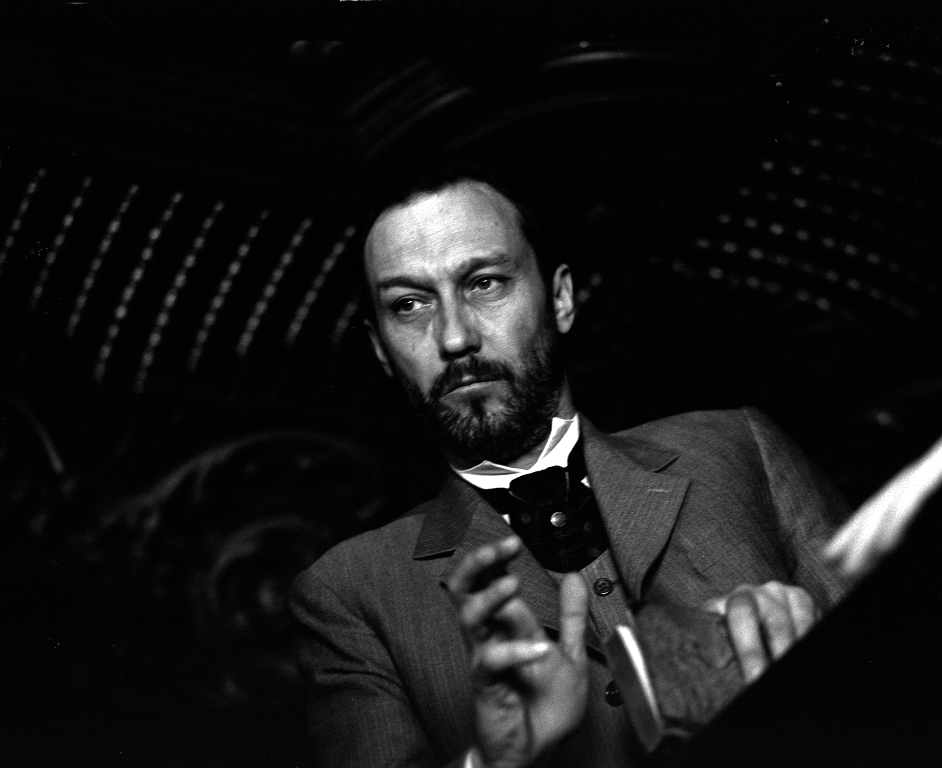
Her body of work, completed with 'Magic Hunter' (1994), 'A Gyár' (1995) and 'Tamas és Juli' (1997), reflect on the relationship between reason and fate, determination and fatality, the duality between body and spirit. Always turning to a very particular sense of humour. And from a powerful feminist perspective forged in her years as a student in a school without any other female students: "I was the weirdo with the freedom of the weirdo, it wasn’t so bad because I was an exception, I didn’t threaten the status quo with my presence. Now there are a lot more girls in a traditionally male territory, and now they do have to put up with arrogant, sexist comments. This open war can only be won by uniting, men and women, in a common work experience, with patience and a sense of humour”.
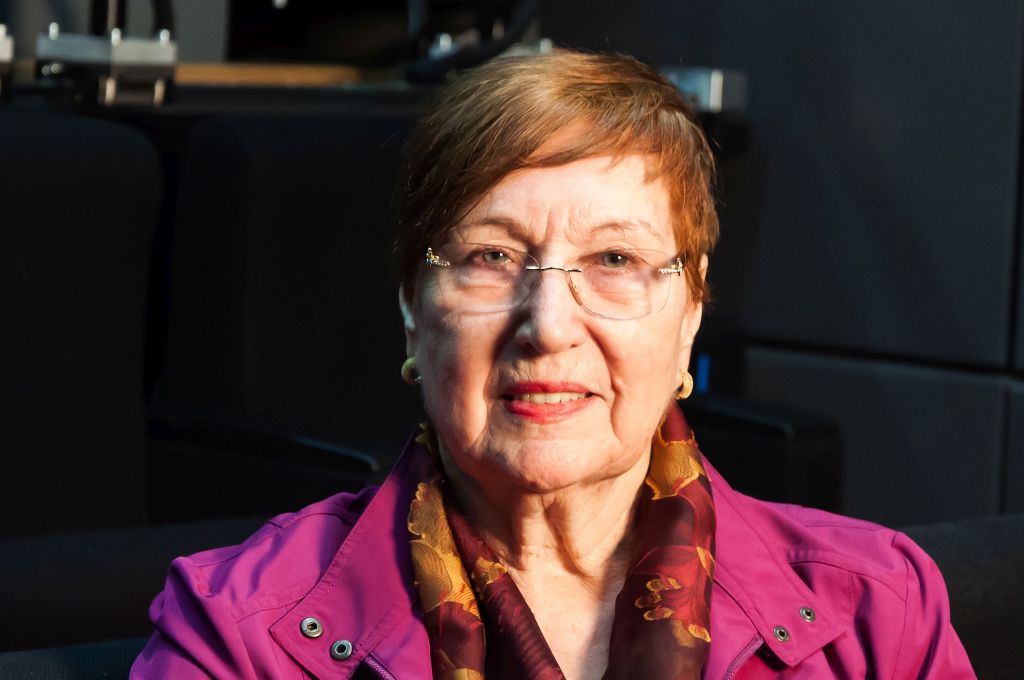
IN THE VANGUARD OF FEMINISM
An essential name in the New German Cinema of the 60s and 70s, a pioneer in radical feminist cinema, a woman ahead of her time with a work that has remained incomprehensibly in the shadows, militant, in the style of Agnès Varda or Vera Chytilová, Ula Stöckl will have a retrospective at the Seville Festival. She was one of the first women filmmakers in a Germany divided at the time by the Wall, as she herself explained in an interview: “It was before the women’s movement. As regards men, I was just a woman. But I never thought of my films as women’s films.” In any case, the message was powerful, like the political commitment, and they were accompanied by avant garde narrative forms with winks at pop cultures.
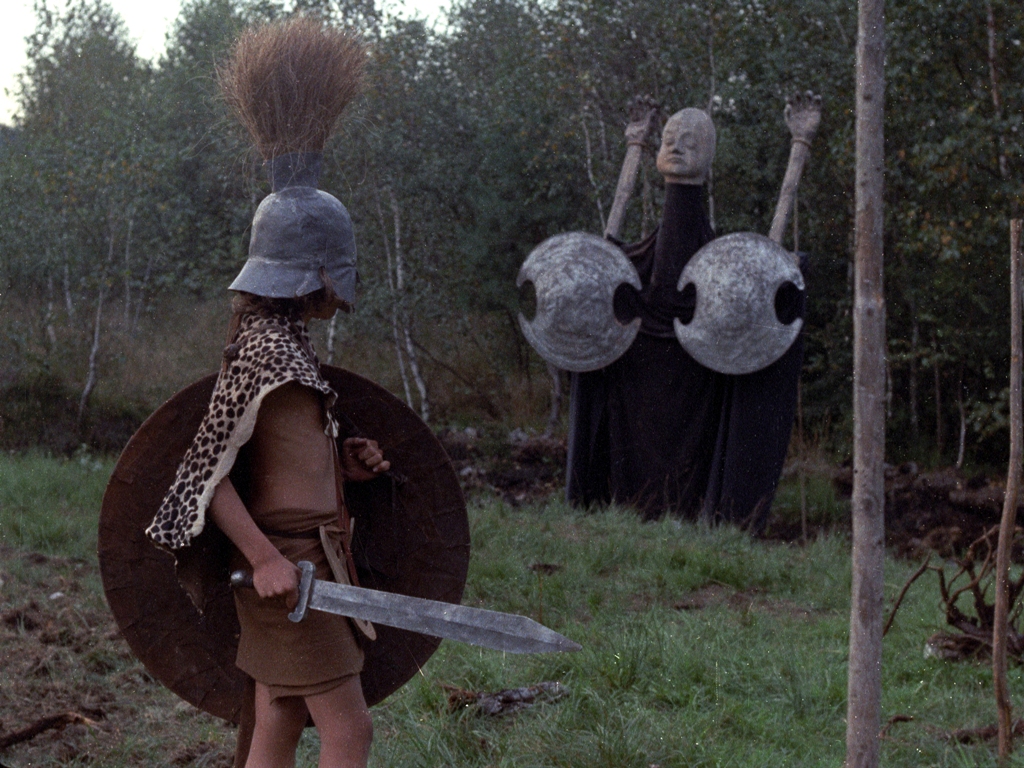
From 1964, the year she directed her first short film, 'Antigona', she made some twenty works for cinema and television. Precisely that debut will be seen in the tribute that our festival will dedicate to her, along with another short film ('Don't Talk About Fate') and four feature films: 'The Cat Has Nine Lives' (1968), recently restored and considered the first feminist feature film in the history of German cinema, 'The Golden Thing' (1972), 'Sleep of Reason' (1984) y 'The Old Song' (1992). And a high spot of the festival: her 'Stories of the Dumpster Kid', a joint project with Edgar Reitz, consisting of 25 shorts films on 16mm and conceived to be shown outside a cinema, seeking interaction with a public which decides the order of screening in an atmosphere as playful and festive as will be found in a bar in Seville. The director herself will talk about her work and the spectators’ choice in a very special session.
The two retrospectives dedicated to Ula Stöckl and Ildikó Enyedi are enormously deserved, and very necessary so that new audiences can discover the careers of two committed and very important women in the history of the European cinema of the last decades.



